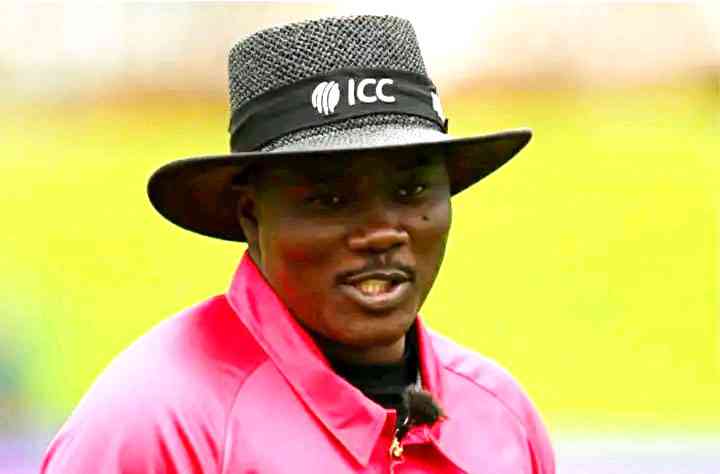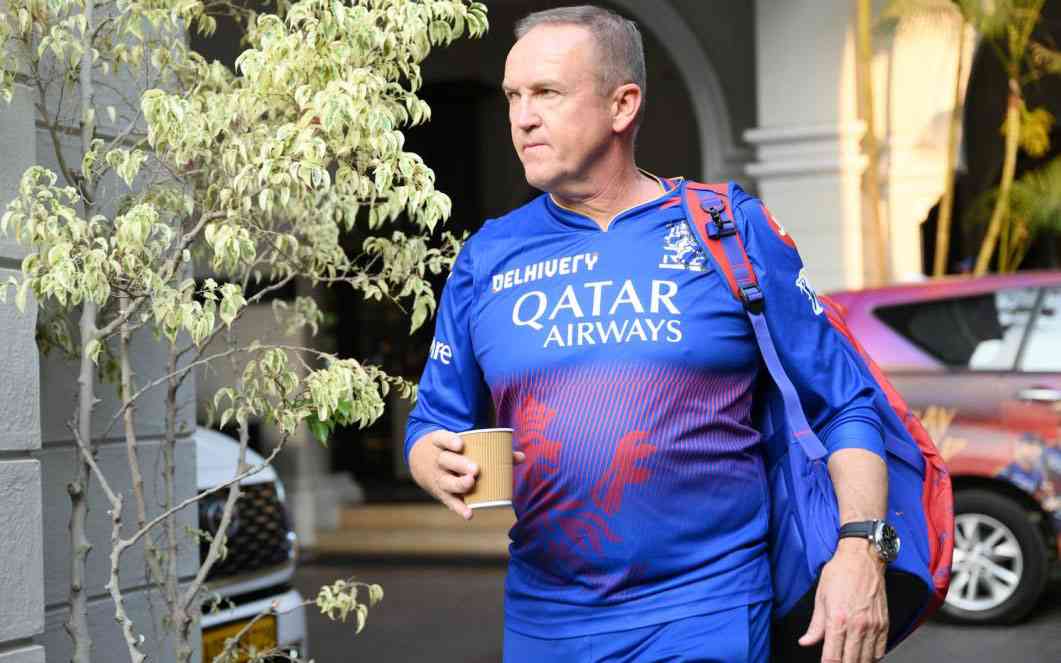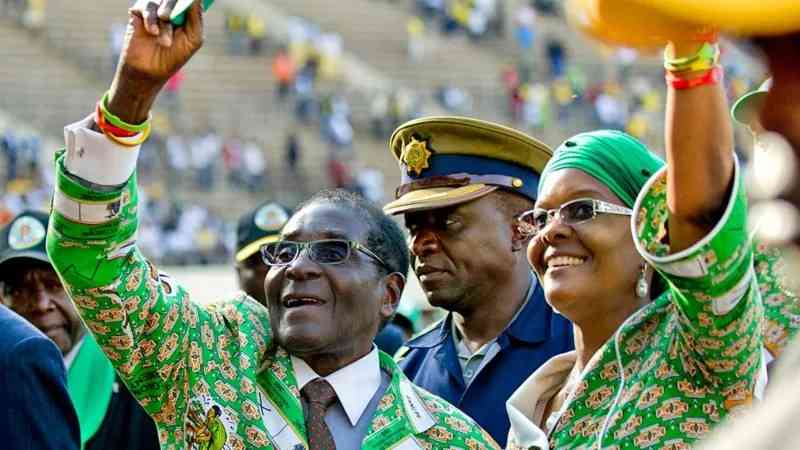
In a country where football and cricket dominate the headlines, martial artist Wilfred “Zim Ninja” Mashaya (WM)has carved out his own legacy.
From humble beginnings in Harare’s high-density suburb of Mufakose to becoming a world renowned martial arts champion, Mashaya’s story is one of discipline, resilience, and breaking barriers.
Recently crowned with multiple international gold medals, he continues to inspire a new generation through his Zim Ninja Academy.
In an exclusive interview with Darius Mutamba (DM), Mashaya reflected on his journey and what lies ahead.
DM: Can you tell us about your early life and what first drew you into martial arts?
WM: I grew up in Mufakose where I did both my primary and secondary schooling. I started martial arts when I was eight years old under my late master, Sensei Chigumbu.
I was also heavily inspired by Bruce Lee. Watching his films and seeing him play with nunchucks made me say, “One day, I want to be like Bruce Lee.” That inspiration stayed with me, and I never looked back.
Later, I also trained myself in weapons, what is known as Kobudo, a Japanese ancient martial arts weaponry. My skills were later standardised through international exposure in Russia, Spain, and Montenegro.
- Zim Ninja conducts key Ninjutsu Martial Arts grading
- Discipline, resilience and gold: Zim Ninja Wilfred Mashaya’s journey
- Karate kids trade tatami for pool
Keep Reading
DM: Growing up in Zimbabwe, what challenges did you face pursuing such a unique sporting path?
WM: The biggest challenge was acceptance. Many people take time to appreciate a new sport, especially a minority one like Kobudo.
At first, I wasn’t taken seriously. Another challenge was lack of funding and sponsorship.
Unlike mainstream sports, martial artists often have to push out of passion, without much support.
But I always told myself, keep pushing, and eventually, people will recognise and appreciate your efforts.
DM: Why the name “Zim Ninja. How did it come about?
WM: Growing up, I loved doing “ninja stuff,” so people around me would just call me “Ninja.”
Later, when I became the first internationally certified ninja in Zimbabwe, the name stuck. “Zim Ninja” is short for “Zimbabwe Ninja”.
It not only became my nickname but also a way of marketing my country to the world. That’s why I named my academy the Zim Ninja Academy.
DM: Looking back at your international victories, which medal or moment means the most to you?
WM: Every medal matters, but two stand out. The first is 2016, when I won a silver and bronze medal at my first international tournament in Moscow, Russia.
I was the only African there, competing in a sport I had largely taught myself, and I went in as an underdog. Winning was a huge moment, both for me and for Zimbabwe.
The second is being awarded the Regional Sportsman of the Year in Windhoek, Namibia. I became the first Zimbabwean to receive that award, and to me, that recognition carries deep meaning.
DM: What does it feel like to represent Zimbabwe on global stages?
WM: It’s an incredible feeling. Every time I compete internationally, I remind myself that I am not just competing for myself, but for Zimbabwe. It’s a blessing and an honour to carry our flag and show the world that Zimbabwe has talent in martial arts.
DM: You’ve been inducted into international martial arts halls of fame. What do these recognitions mean to you?
WM: They are very important, not just for me but for Zimbabwe. They show that our athletes can stand shoulder to shoulder with the world’s best. For me personally, these honours are a motivating tool, like fuel that keeps me going.
DM: Martial arts are not as mainstream in Zimbabwe as football or athletics. What needs to be done to grow the sport locally?
WM: People need to embrace and support minority sports, especially when athletes are achieving on the global stage.
Zimbabwe has a lot of talent in martial arts across different disciplines, but without support, it’s hard to grow.
Martial arts is more than a sport, it’s a way of life that teaches discipline, character, and respect. If we support it more, it can benefit society in many ways.
DM: Tell us about the Zim Ninja Academy. What inspired you to start it, and what impact has it had on young people?
WM: I started the Zim Ninja Academy in 2018 after a discussion with Kirsty Coventry, who encouraged me to formalise the idea. The goal was to bring martial arts styles under one roof and make them accessible to all ages.
Since then, the academy has helped young people develop discipline, confidence, and positive behaviour. We also focus on keeping youth away from drugs and substance abuse, while giving them role models to look up to. Parents have been very supportive, and many have seen great improvements in their children.
DM: Do you think martial arts can play a role beyond sport?
WM: Absolutely. Martial arts are about character, respect, and discipline. It teaches people peaceful living, self-control, and how to defend themselves when necessary. It also helps fight social problems like drug abuse and indiscipline. It’s a life philosophy, not just a sport.
DM: What does a typical training day look like for you?
WM: My day usually starts with a morning run around 5am, followed by physical exercises, push-ups, sit-ups, squats.
Then I go through martial arts basics like blocks, punches, kicks, shadow fighting, and weapons training.
Training can last from 30 minutes to two hours depending on the programme. In the evenings, I often train with others to exchange skills.
DM: How do you balance the mental, spiritual, and physical aspects of martial arts?
WM: I’m a Christian, so for me martial arts and spirituality go hand in hand. Martial arts strengthens the mind to never give up, to keep fighting.
The mental, physical, and spiritual must be balanced, because if one is weak, the others suffer.
DM: Who inspires you the most?
WM: Internationally, I was inspired by Bruce Lee, Jet Li, Jackie Chan, and Chuck Norris. Locally, my greatest inspiration was my late teacher, Sensei Chigumbu. He instilled discipline in me, and I still carry his lessons. My parents also inspired me greatly with their support.
DM: What goals are you setting for yourself in the next five years?
WM: I want to groom more champions from Zimbabwe, expand my academy into a regional centre of excellence, and continue winning medals where I can. But most importantly, I want to see my students achieving, because their success will be my greatest reward.
DM: Do you see yourself more as an athlete, a coach, or a mentor now?
WM: At this point, I am all three. I’m still active as an athlete, but I’m also a coach and mentor to many young people. Over time, I know I’ll shift more into coaching and mentorship.
DM: What message would you give to young Zimbabweans who want to pursue sports outside the mainstream?
WM: Believe in yourself. Don’t let anyone discourage you because your sport is not mainstream. If you work hard and stay disciplined, you can put Zimbabwe on the map in any sport. The key is passion, focus, and never giving up.
As Zimbabwe looks to diversify its sporting success stories, Mashaya’s journey stands as proof that with resilience, focus, and passion, even a young boy from Mufakose can rise to become a global champion, a true Ninja of Zimbabwe.











